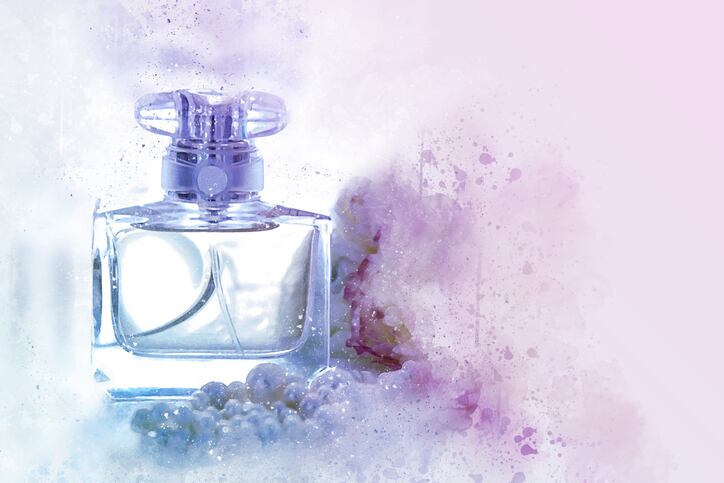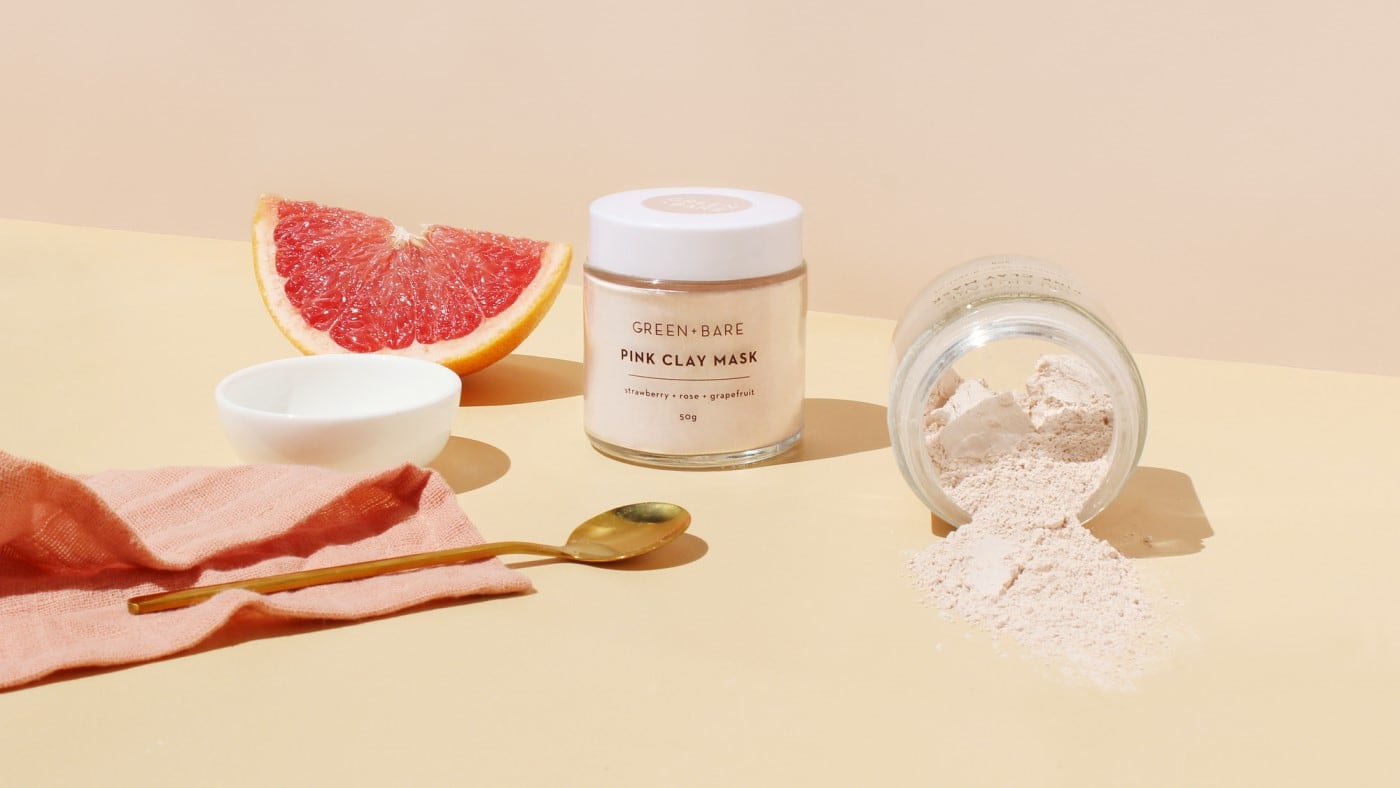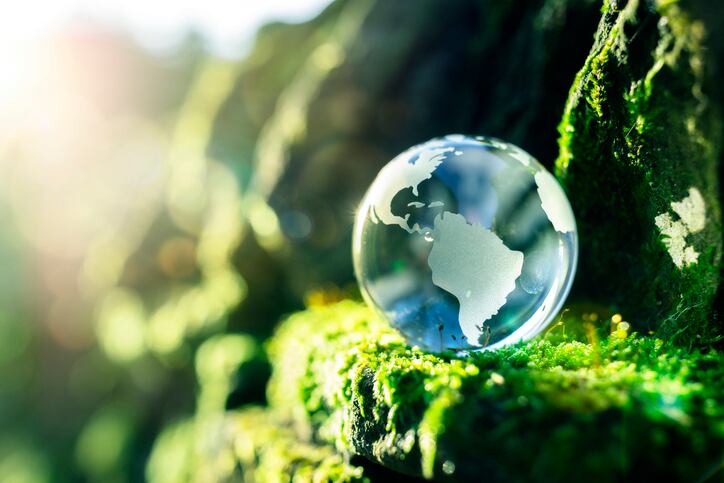The ongoing COVID-19 crisis had clearly accelerated the sustainability conversation in beauty, according to experts in the field, with industry set to experience “two waves” of increased environmental focus in a post-COVID world. And recent findings from a Future of Beauty survey conducted amongst 2,000+ UK consumers by creative marketing consultants The Pull Agency found 72% of consumers believed individuals were most responsible for caring for the planet. Just 16% said companies were most responsible and 13% cited government as most responsible.
Eco-consumerism – consumers want to ‘be empowered and feel responsible’
Speaking at a panel discussion at The Pull Agency’s online webinar The Future of Beauty: Sustainability – Do our consumers really care?, Daniel Murray, senior partnership development manager at WWF, said the fact consumers believed they held the power to make change, ultimately via collective action, was “hugely powerful” and something “brands can definitely galvanise”.
“I think we’re certainly seen a huge surge in interest around sustainability and I think it’s because it’s becoming more obvious. You see with the news – the wildfires in Australia, the Amazon at the moment, even here at home in the UK you see flooding and risk of extreme weather conditions – we’re seeing the impact of climate change become evermore pertinent to our daily lives (…) And now we’re seeing that, at such a bigger level, there’s a growing movement especially among younger people really wanting to safeguard their future,” Murray said.
“…Consumers really want to be empowered and feel responsible and feel they can have an impact that’s tangible and meaningful. But that needs to be allowed and given to them,” he said.
Asked how beauty brands could achieve this, Murray said it required a holistic approach.
Raw materials, CO2 emissions, water and soil health – ‘every single aspect’ must be sustainable
“For us at WWF, we want to see brands introduce sustainability into every single aspect of their business,” he said. And that included every all aspects of the supply chain, from where and how raw materials were sourced to carbon emissions and the use of fresh water – an increasingly important issue, he said.
“It’s about using tools and understanding footprints based on an environmental level and considering the environment across every level of the process.”
Diana Verde Nieto, co-founder and CEO of Positive Luxury, agreed: “You cannot have sustainable consumption without sustainable production.”
“…The impact and dependencies of supply chains are at a tipping point for the beauty industry, and this is basically because of the fragility of our climate. You know, climate change is accelerating; it’s not a myth, it’s something happening and we can see the real effect of this happening and the beauty industry depends on the natural world in order to be able to produce products.”
Importantly, Verde Nieto said the beauty industry was going through “a huge transformation”, mainly around transparency around raw materials and real investment in innovation, and this had to continue.
The future of sustainable beauty, she said, had to be about protecting supply and guaranteeing soil health through regenerative business models and agriculture.
“It will be very hard to be able to think about the beauty industry like you see it today (…) We need to take responsibility of our actions as a brand and work with our suppliers to set joint targets and objectives to preserve and restore, more importantly, the soil and the world.”
Beauty must move before government in the run-up to COP26
Murray said it was also important industry did not wait on governments to create change, instead using its voice to set up and push legislative change – action that was particularly timely this year with the upcoming United Nations Climate Change Conference COP26 in November.
The beauty industry had to engage in conversations with other like-minded brands and NGOs and get involved in roundtables and other discussions to take efforts and engagement forward, he said.
“It’s a shared problem for everyone. There’s a competitive advantage in terms of consumers being really aware of this, but it’s a shared problem for everyone given the resources on the planet aren’t infinite.”




